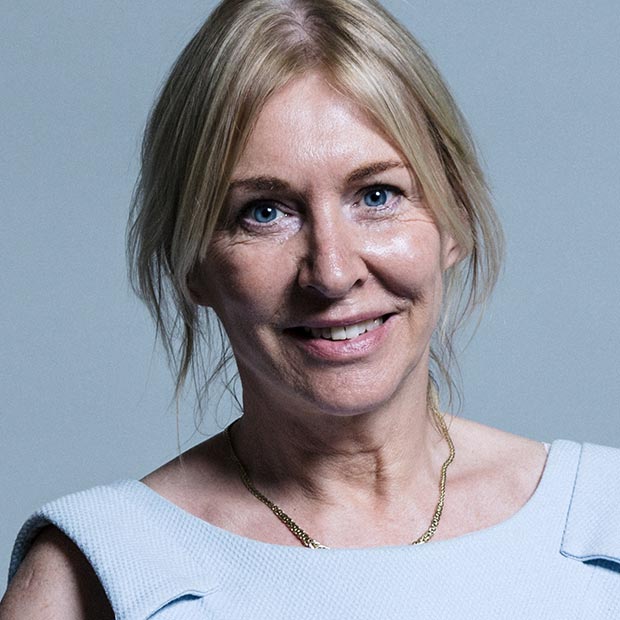UK white paper aimed at privatising Channel 4, regulating VoD unveiled

Channel 4’s runaway hit drama It’s a Sin
The UK government has published its white paper to reform the country’s broadcasting sector, which includes confirmation of the controversial privatisation of Channel 4 and tighter regulations for streamers.
The government said changes to the country’s decades-old broadcasting regulations are designed to create a “new golden age of British TV” and help the nation’s public service broadcasters (PSBs) – the BBC, ITV, STV, Channel 4, S4C and Channel 5 – to “thrive” in the streaming age.
Channel 4, the PSB that has been front and centre of the proposed reforms, said it would study the white paper issued by the Department of Culture, Media and Sport (DCMS) and give a considered response. However, it has already challenged some of the data used to justify its privatisation in the white paper.
A key part of the government’s privatisation plan for C4 is the removal of the restriction on the broadcaster that effectively prohibits it from producing and selling its own content.
Allowing it to do so would provide it with another revenue stream, mirroring how commercial PSBs ITV and Paramount-owned Channel 5 operate, whilst shaking the foundations of the country’s hugely successfully independent production business.
C4 will still be required to commission a minimum amount of programming from independent producers, in line with the quotas placed on other PSBs, to protect its contribution to the sector, the government added.
Meanwhile, the government said it will also act to protect the UK’s ‘terms of trade’ regime, the set of rules that protect indies when negotiating deals for new shows, and update it to address the increasing importance of on-demand commissioning to both PSBs and independent producers.
C4’s existing obligations concerning regional production outside of London and England will be maintained, as will its remit to provide distinctive, educational, innovative and experimental programming that represents the breadth of society, and obligations to show ‘original’ programmes and provide high-quality news and current affairs.
The government added it will look to use some of the proceeds from the sale of C4 to deliver a new creative dividend for the sector.

Nadine Dorries (photo: Chris McAndrew via CC)
The government said it is committed to ensuring the UK remains a thriving TV production location by supporting screen industries through creative sector tax reliefs.
The DCMS is also funding the British Film Commission with £4.8m (US$6m) over three years to support the growth of seven geographic production hubs – including one in each UK nation – and numerous new studio developments.
The government said the sector’s growth has facilitated the emergence of so-called ‘superindies’ that, while still classed as independent, are often larger than the broadcasters with whom they work.
As a result, it will review whether to introduce a revenue cap for “qualifying independent” producer status to make sure it remains effective for promoting growth.
Elsewhere in the white paper, media regulator Ofcom is to be given new regulatory powers to better protect viewers of VoD services from harmful content.
VoD services such as Netflix and Apple TV+ will be brought under UK jurisdiction and subject to a Video-On-Demand Code similar to the Broadcasting Code, enforced by Ofcom. Fines for breaches could amount to £250,000 (US$313,000) or 5% of annual turnover, whichever is higher.
Meanwhile, PSBs will be given a more flexible remit for the programmes they produce and show. ITV said many of the proposals – including reform to prominence and inclusion rules, a more flexible approach to remits and changes to the listed events regime – “look very sensible.”
The reforms come as a result of rapid changes in technology, viewing habits and the emergence of global media giants, which have brought new challenges for UK broadcasters.
Accordingly, the old laws laid down by the Communications Act 2003 will be overhauled and simplified, with a new definition of what it means to be a PSB and a focus on reflecting British culture, supporting domestic film and TV production and provide impartial and accurate news.
A consultation will be launched on new rules to make sure PSBs continue to commission “distinctively British” programming – which the government said are shows loved and admired not just at home but also around the world, because they could not have been made anywhere else.
The government pointed to shows such as Doctor Who, I May Destroy You, Great British Bake Off, Top Gear, Luther, Downton Abbey and Planet Earth as huge international hits that also reflect a vision of a modern UK.
The government will legislate to make sure PSB content is always carried and easy to find for UK audiences on connected devices and major online platforms, including on smart TVs, set-top boxes and streaming sticks. The government intends to legislate as soon as the parliamentary timetable allows.
The white paper also proposes that the opportunity to secure rights to air TV’s major sporting events, such as the Fifa World Cup and Wimbledon, be made an exclusive PSB benefit via reforms to the listed events regime.
A review will also look at adding digital and on-demand rights to the scheme to ensure free-to-view access for the nation when watching the “crown jewels” of sport on digital platforms.
Culture secretary Nadine Dorries said: “The UK’s TV and radio industries are world-renowned for their creativity, driven by exceptional talent that is delivering groundbreaking public service programming.
“Set against the backdrop of the digital transformation of our viewing habits, today’s plans will revamp decades-old laws to help our public service broadcasters compete in the internet age and usher in a new golden age for British TV and radio. This will provide jobs and growth in the future along with the content we all love.”
C4 said in a statement: “Channel 4 remains committed to upholding and maximising its remit and public service purpose that has enabled it to shape Britain’s creative culture and make a significant contribution to the creative industries, while also investing across the UK’s nations and regions to create local and regional economic and social benefit.”
ITV said: “We welcome the government’s recognition of the huge value the PSBs deliver to the UK and its decision to introduce a media bill to deliver the necessary reforms to ensure PSBs can continue to thrive in future given market changes.
“We will engage carefully with the substance of the white paper once it is published, but many of its proposals – notably reform to prominence and inclusion rules, a more flexible approach to remits and changes to the listed events regime – look very sensible.”














.jpg)




























